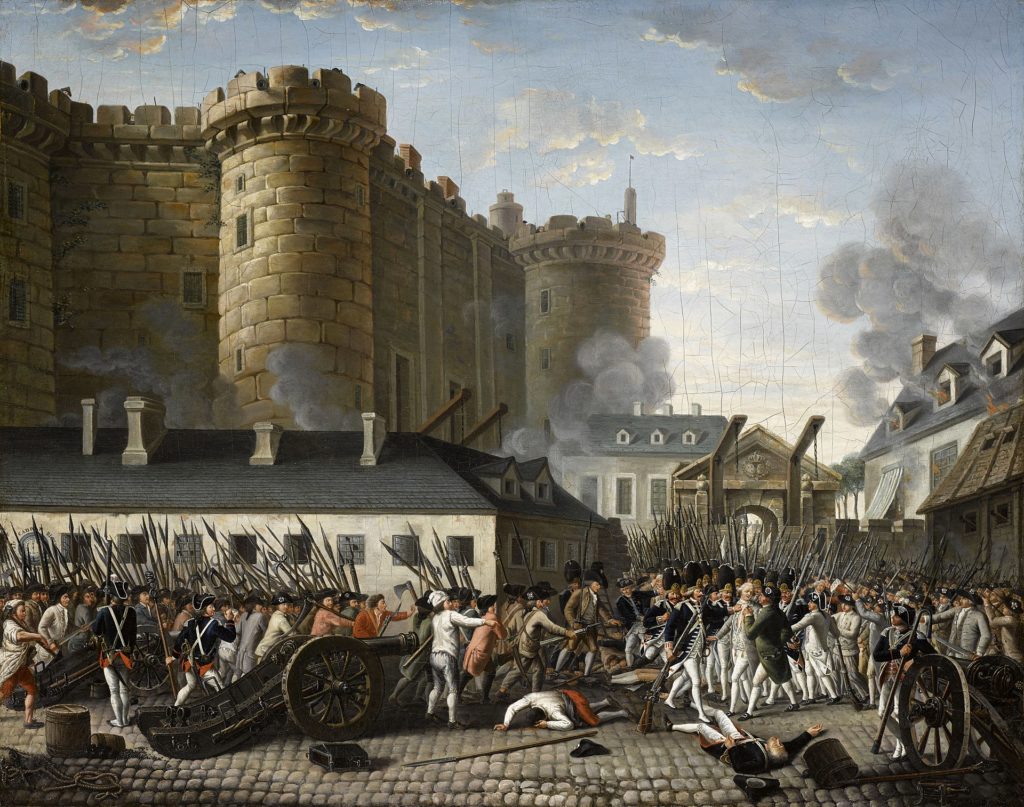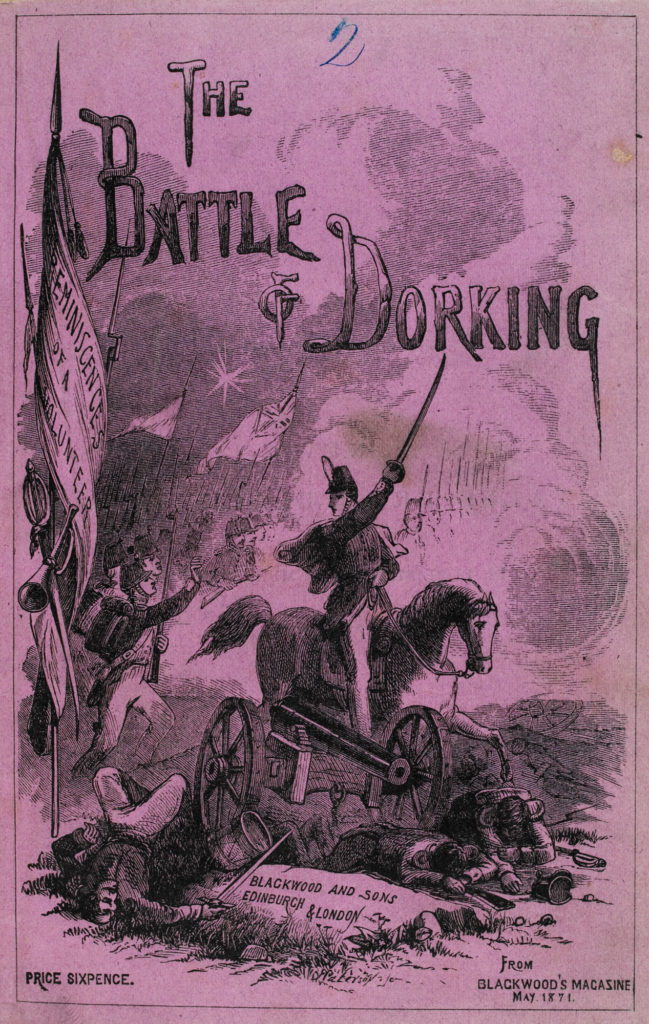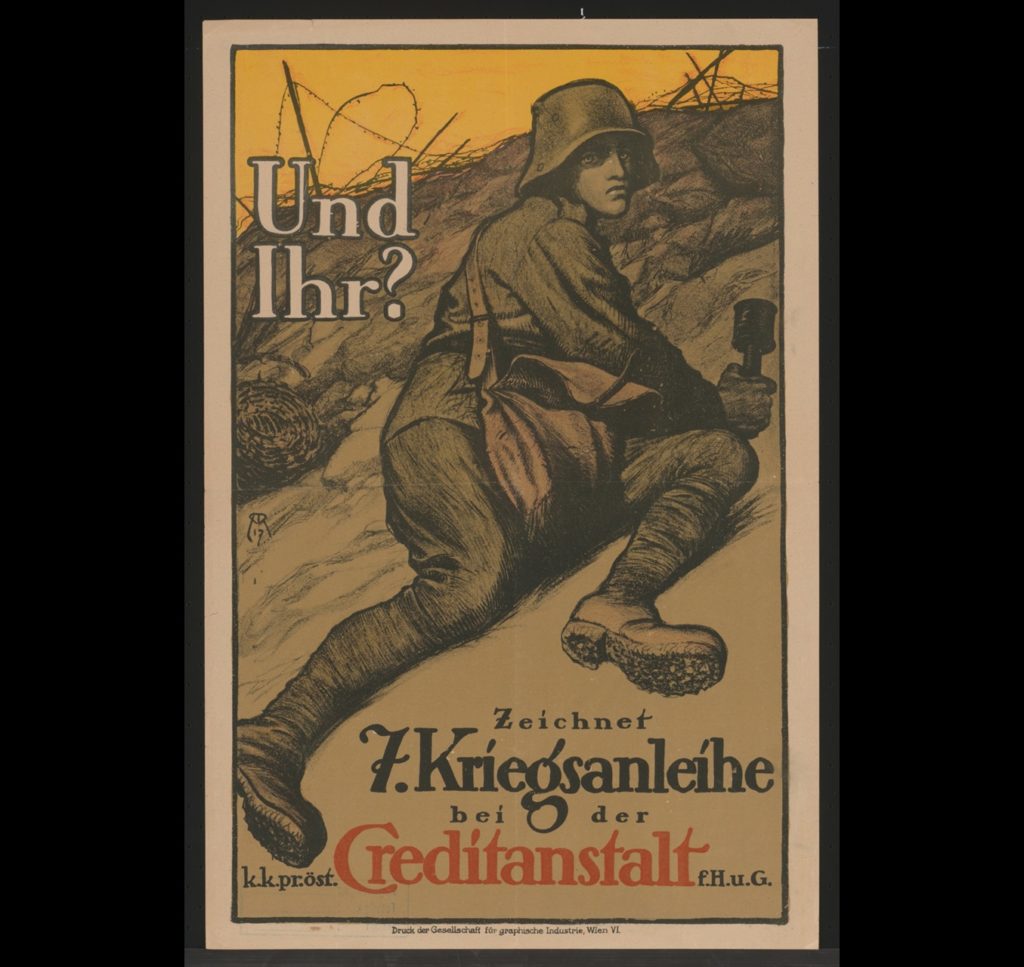Last updated on December 16th, 2022 at 03:34 am
Nationalism is a political ideology that promotes the identification and support for the interest of one’s nation above all others. It is that strong sense of duty and belonging towards people or places with whom we share common values.
The cries of Liberty and Freedom to the commoners filled Europe towards the end of the 18th century as the French Revolution led to the Napoleonic Wars.
On June 28, 1914, Austrian Archduke Franz Ferdinand was assassinated in Bosnia while on a mission to inspect the imperial armed forces. This event would go down in history as the initiation step in a series of chain reactions, ultimately leading to the ‘Great War to rewrite the entire course of history forever.
But what does Nationalism — a largely patriotic ideology — have to do with this? This article is a tale of Nationalism as a political ideology and its roles in various nations involved in WWI.
What is Nationalism?
Nationalism, tribalism, or group identity – a strong allegiance to one’s nation-state is one of the most potent political or social forces. Being able to inspire collective solidarity, nationalism can help build and reinforce the sense of community as it first did in the 18th century during the French Revolution and across other European countries.
On the other hand, nationalistic views are deeply rooted in the idea that one’s nation is more important than every other one, so its interests should be put ahead of world cooperation.
Europe Before the War
Europe experienced a long period of peace during the 19th century. However, during the early 20th century, the diplomatic and political landscape of the region began to experience some tension. This was due to globalization, military revolutions, and democratization – and nationalism was at the heart of it all.
While some people were so in love with their nation and motivated to expand its empire, others sought their independence and were all willing to give their lives for their nation’s interest.
You could see nationalism take root in all major players during WWI.
French Nationalism
Extending over 13,500,000 square kilometers, the French Empire was only second to the British in the early 20th century. As such, French nationalism was based mainly on the people’s pride. The French were willing to prove their nation’s importance to the world as they built up large armies and weapons at this time.
This ideology originated from the conquests of Napoleon Bonaparte, the empire’s emperor, in 1804. After the French Revolution, he sought to spread his nationalistic views of ‘Liberty, Equality and Fraternity’ across other regions.

These ideals were unpleasing to the other European powers as it became clear towards the early 19th century that Napoleon’s goal was to expand French control, contrary to his claims of “spreading the goals of the French Revolution.”
Nonetheless, French Nationalism gathered more momentum at this point, and France already had a clear national identity, culture, and values – one they thought was superior and deserving of impartation to other nations.
British Nationalism
Great Britain was arguably the world’s wealthiest and most powerful nation by the end of the 19th century. As you might expect, this status drove the majority of Britons to believe that they were superior to other nations and, by extension, should replicate their ideologies of democracy in other places.
Then came Prussia’s military into France in 1870, bringing the French Empire to its heels within weeks. This triumph raised eyebrows in Britain; could such happen to the British Empire?

These fears were fuelled by the emergence of the “Invasion literature” – a genre that planted the idea of the invasion of Britain by foreign powers like Germany. Anxieties and imaginations of an overrunning of the homeland began to build – a specter of invading armies, and Great Britain would not have it.
Precious Britain must not fall; its people must protect it!
This idea of nationalistic patriotism spurred Britain to Militarism, and preparations for a futuristic war commenced.
Pan-Germanism
A unified Germany came into existence after Germany ended the French Hegemony in Europe by coming out victorious in the Franco-Prussian war.
Now what?
They needed a German national identity, and Pan-Germanism- a political ideology that integrates all Europeans speaking the Germanic language was the solution. Bernhard von Bulow, the German counselor in 1897, embarked on a quest for Germany’s “place in the sun.”
During this period, the government employed the media to push the German nationalistic narrative, which was influential in the nation’s economic growth when applied moderately. However, Pan-Germanism was taken to the extreme by the government and the people, culminating in open ethnocentrism and racism.

Germany soon started to link its nationalism to its militarism as it saw a nation to be only as strong as its military. They would take their place in the sun, and it would be by force.
These opinions began to materialize when an impassioned Wilhelm II became the Kaiser in 1888. He would soon metamorphose into an image of a nationalistic and militaristic Germany as he aimed to turn Germany into a global power by targeting other established empires, especially Great Britain.
Nationalism in Germany saw the nation strive to establish itself as a force to reckon with in Europe. This would soon come to the fore in the early 20th century during the great war.
Pan-Slavism
Pan-Slavism is another nationalistic movement deeply rooted in the desire for a nation — the Slavic nation that shared a common language — to be united. Nationalism amongst the Slavic people perhaps has the most apparent links to the direct causes of WWI.
Quite similar to Pan-Germanism, the Slavic people who were under the Austro-Hungarian Empire realized that the idea of Austro-Slavism was impossible under the rule of the Austrian Emperor, Franz Joseph I. As a result, they sought their freedom by looking to unite with other Slavic-speaking nation-states like Serbia and Russia.
Nationalism in this region was the ideology that all Slavic-speaking nations, such as Russia, Serbia, Bosnia, Herzegovina, Ukraine, Slovakia, etc., were one nation and should be united into one big nation-state.
During this period, the movement was most robust in Serbia. So, when the dyarchy of Austria-Hungary took over the regions of Bosnia and Herzegovina- under the rule of the then Ottoman Empire -many Serbian radical nationalist groups started recruiting youths in preparation for the protection of their Slavic nation.
A prominent group at the time was called Ujedinjenje ili Smrt (Union or Death), also known as the Black Hand. Their goal was to actualize a greater Serbia, clearly expressing their nationalistic views. But they wouldn’t just lead protests and arguments for their agitations. The Black Hand was prepared to use force if necessary. So, they staged political murders and executed them with the help of trained saboteurs and Guerillas.
This nationalism triggered the assassination of Archduke Franz Ferdinand in Sarajevo in 1914 – an event that would later spark the war between Serbia and Austria-Hungary before dragging the remaining European powers into it to become WWI.
Nationalism in Europe Leading to the War
Nationalistic ideas led to the following, which contributed immensely to WWI.
Imperialism Across Europe
Nationalism led to WWI by promoting the ideology of Imperialism and fighting it simultaneously.
On the one hand, nationalists who were loyal to their nation’s interests and believed it superior to others welcomed expanding the territories of such empires across the globe. So, during WWI, nationalists promoted the idea of taking over other nations.
A clear instance is an ultimatum given to Serbia by the Austria-Hungary empire following the murder of the Archduke. Austria-Hungary was an empire, and its power and influence would be felt in the event of external aggression, such as the assassination of a high-ranking member of the ruling class.
Another instance of Nationalism leading to Imperialism, and ultimately WWI, can be seen in Welpolitik – German World Politics. Germany had just announced itself to Europe by winning two major wars against Austria-Hungary and France. They expanded their territories in the war against France, taking Alsace and Lorraine.
So, in 1891 Kaiser Wilhelm II ditched the ‘Realpolitik’ of Bismarck and instituted Welpolitik. Its agenda included making Germany the strongest economy in Europe and joining the power status of Britain and France by having an empire of its own.
These ambitions heightened tensions between Great Britain and Germany in the years before the outbreak of the imperialist war around 1898 – 1912. It led to the Anglo-German Naval Race, which saw Germany craving its navy, and Britain, in turn, seeing it as a threat. Britain swiftly responded by building a battleship — the dreadnought — that made all other battleships obsolete.
On the other hand, Imperialist clashes with nationalism in the Balkans endangered Europe and dragged all the European powers into the war. Although the Balkans were part of the Ottoman Empire, Turkey was fast losing its grip over its region, having experienced about four wars within the period.
This instability gained the attention of Germany and Austria-Hungary in the region, thus leading to a struggle between Imperial powers, Austria-Hungary, and the Ottoman Empire at the top and bottom of the Balkans, respectively.
In 1913, Austria-Hungary annexed Bosnia and Herzegovina and had strong concerns about Serbia, which was growing increasingly strong at the time. The unrest in the Balkans heightened the cries of Nationalist coalitions of the Slavic-speaking nations. These coalitions, in turn, triggered imperial nationalism as the Austria-Hungary empire made vigorous attempts to tighten its grip on its empire – a clear clash of ideologies and war was imminent.
Russia sees itself as the Slavs’ protector, taking the side of Serbia, another Slavic nation-state. However, in addition to their nationalistic views, Russia has also nursed a long-term ambition of taking the Bosphorus straits and the Dardanelles along the Ottoman Empire.
In these instances, classic Nationalistic views heightened the tensions between empires and nations. Empires believed their nations were superior to others and pressed to spread their reach to such regions. On the other hand, nations believed they should unite with the people of shared native history.
They would soon go on to take up arms against themselves in 1914.
Militarism
Militarism – the enlargement of a military’s ability to engage in a skirmish was widespread across all European empires in the decades leading to WWI. Whether for the protection of dear nations, expansion of the nation’s territory, or marking the nation’s place in the sun, nationalism drove European nationalists to be willing to take up arms for their nation no matter the reason.
For instance, Britain and Germany were motivated by the desire to be seen as superior to one another in terms of military strength and weapons.
Britain, in particular, had great belief in its naval force, and for a good reason.
The Royal Navy had over 200,000 sailors and hundreds of ships, significantly more than any major forces combined.
On the other hand, Germany trusted the Prussian troops’ efficiency and strategies. They also had formidable industrial bases, military weapons, and equipment, including battleships and submarines. All this equipment was manned by a whopping two million plus personnel.
This pride could also be seen in Tsar Nicholas II’s Russian Empire. Blessed with a large territory and population, the Russian Military had over 1.5 million personnel on land – the largest land force at the time. The Russians believed they were protected or backed by God to prevail against any enemy. They had the numbers and weren’t scared to take them to war.
French Nationalism and its desire to replicate “the goals of the French Revolution” in other empires was also backed by their belief in their heavy industries, which experienced sporadic growth in the 18th century. With numerous fortresses and concrete barriers covering their entire eastern line, France had no cause for concern.
In Summary
Distinctly, Nationalism in the sense of superiority to other nations powered imperialist movements in Great Britain, Austria-Hungary, France, and the Balkans. So, it stirred the major European forces to Militarism before the great war. They were sure of their nation’s ideologies and willing to back them up with the requisite amount of force, willingly taking on anyone who stood in their way.
Also, Nationalism pushed Slavic-speaking nations to clamor for their sovereign Slavic nation-state and direct involvement of nationalism in the war.
The war was a matter of when, and when the time came, they were all already to unleash hell on earth.

